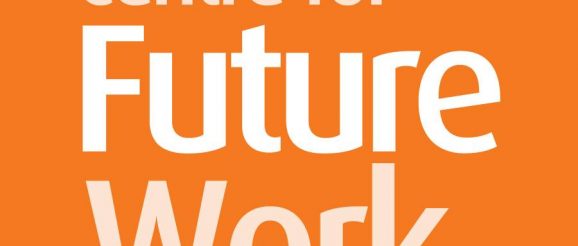Industrial Policy-Making After COVID-19: Manufacturing, Innovation and Sustainability

As Treasurer during the 1980s, Paul Keating lamented that Australian governments had for decades been allowing the country’s sophisticated industrial base to fall apart as unsophisticated raw materials came to dominate the nation’s exports and as a result, its economy slipped into developing-world status. Keating’s famous warning of Australia’s looming ‘banana republic’ status spurred the Hawke and subsequent Keating Labor governments into action on economic restructuring, which included considering a range of industry policy intervention options to put Australia on a track to advanced, industrial status, as had been the aim of post-war nation-building that helped to institute an advanced manufacturing industrial base in Australia.
But since the 1990s, the ‘default’ economic and industry policy setting of government has ultimately been to favour resource extraction as our national strength. Even despite the growing threat of climate change and global economic crises that make a shift to ‘green’ industrial transformation a pathway pursued by many other nations, current Coalition government policy continues to reflect deliberate, calculated emphasis on the extraction and export of raw materials. Australia risks cementing its developing-world economic status if we do not consider important industry policy challenges.
The COVID-19 pandemic has drawn attention to opportunities for Australia to not only rebuild, but reconstruct our economy in a way that capitalises on our national manufacturing potential and their ability to contribute to a sustainable recovery from the economic and social crisis that has culminated in lockdowns and recession. The future development of Australia’s manufacturing industry must focus on the opportunities presented by renewable energy to drive innovation, industrial transformation and a green future shaped by a skilled manufacturing workforce.
Researchers from the Centre for Future Work, Mark Dean, Al Rainnie (Centre for Future Work Associate), Jim Stanford and Dan Nahum, have co-authored a new scholarly paper which will be published in the academic journal, the Economic and Labour Relations Review and is currently available as an online-first publication at their website.
